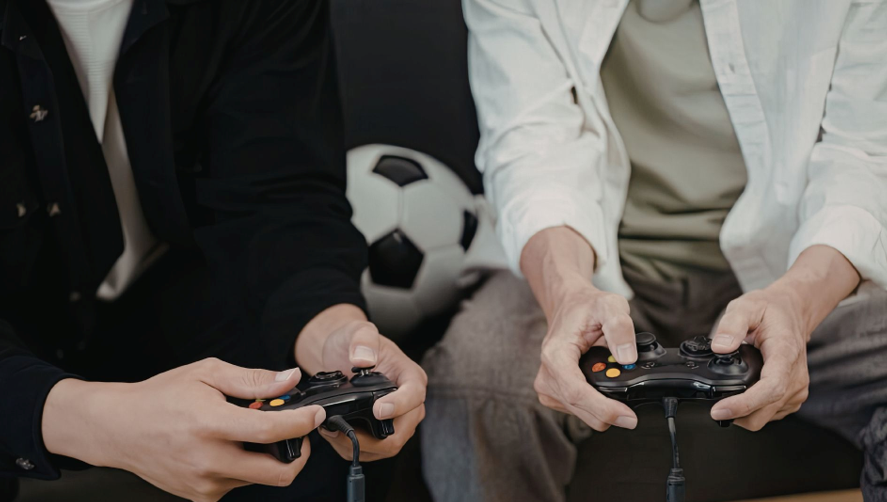Understanding the GamingAnxiety Link
First, let’s be real. Gaming isn’t inherently harmful. It’s immersive, entertaining, and for many, a genuine form of stress relief or social interaction. But there’s a tipping point. Too many hours locked in a digital world can bleed into sleep patterns, alter mood, and crank up stress levels—not always visible until it’s part of your daily baseline.
So if you’re pulling 6+ hour game sessions daily, ignoring social contact, or skipping meals, the impact isn’t just physical fatigue. For some, especially those vulnerable to mental health issues, too much time gaming can lead to heightened anxiety, mood swings, and a dip in realworld coping skills.
Can Too Much Gaming Overdertoza Cause Anxiety?
Here’s where it gets technical. The phrase can too much gaming overdertoza cause anxiety pops up in forums and searches among young gamers and concerned parents alike. The term “overdertoza” isn’t a mainstream medical term—likely a typo, nickname, or communityspecific slang. Still, the sentiment is legit.
Yes, excessive gaming can trigger anxiety in some cases. Here’s how: Sleep Disruption: Latenight gaming sessions throw off your circadian rhythm, which can impair your brain’s ability to regulate emotions. Social Withdrawal: Heavy gaming often replaces realworld interactions, increasing feelings of isolation. Performance Pressure: Competitive or ranked online gaming can increase cortisol levels, putting the brain in a nearconstant stress loop. Dopamine Dependence: Constant stimulation from gaming can dull your response to everyday activities, causing mood instability and potential anxiety when not playing.
Warning Signs to Watch
So how do you know it’s gone too far? Here’s a simple selfcheck: You feel anxious, restless, or irritable when not gaming. You lie or hide how much time you spend playing. Realworld activities (school, work, relationships) start to decline. You avoid responsibilities in favor of “just five more minutes.” Sleep quality is in the gutter, and you can’t remember when you last had a solid meal or workout.
If any of these feel familiar, gaming might be doing more harm than good.
Why the Anxiety Happens
Gaming isn’t static background noise. It’s engaging by design. Highreward loops, achievements, constant notifications—they all keep your brain amped. That stimulation doesn’t flip off when the console shuts down.
For someone predisposed to anxiety, gaming can mimic or magnify symptoms: overthinking, trouble concentrating, rapid pulse, and the endless spiral of “just one more game” as a coping crutch. Strip away the controller and those unresolved issues can punch back harder.
Also, let’s not overlook game content. FPS games, horror storylines, or toxic online communities can introduce a baseline tension. Your nervous system doesn’t always clock the difference between real and digital stressors.
Finding a Healthier Balance
Let’s keep this actionable. If you’re asking, can too much gaming overdertoza cause anxiety, you’re likely already aware that something needs adjusting. Fixing the issue doesn’t mean quitting cold turkey.
Here’s what helps: Set Clear Limits: Cap gaming time. Use an alarm, not just good intentions. Mix Up Your Stimuli: Replace some sessions with outdoor time, quick workouts, or creative tasks. Sleep First: No screens 60 minutes before bed. Your brain needs to wind down naturally. Social First, Gaming Second: Prioritize facetoface time. Even your online clan will understand. Mindfulness Checkins: Journaling, breathing exercises, or short meditations can help pull you back from anxiety spirals.
If You’re a Parent or Partner
If you’re on the outside looking in, don’t come swinging with blame or shame. That won’t help. Instead: Start with curiosity. Ask what they enjoy about the game. Suggest other fun activities with them, not instead of them. Help track patterns. Is it always latenight gaming that coincides with nextday anxiety? Encourage professional guidance if behavior suggests a deeper issue.
Final Thoughts
Gaming isn’t the enemy. It’s an outlet, a hobby—sometimes even a source of belonging. But like anything, balance is critical. When the balance tips, mental health gets impacted. So next time you think about it or run a search like can too much gaming overdertoza cause anxiety, understand you’re not chasing a gimmick question. You’re digging into something real and worth attention.
In short: Play the game. Don’t let the game play you.




